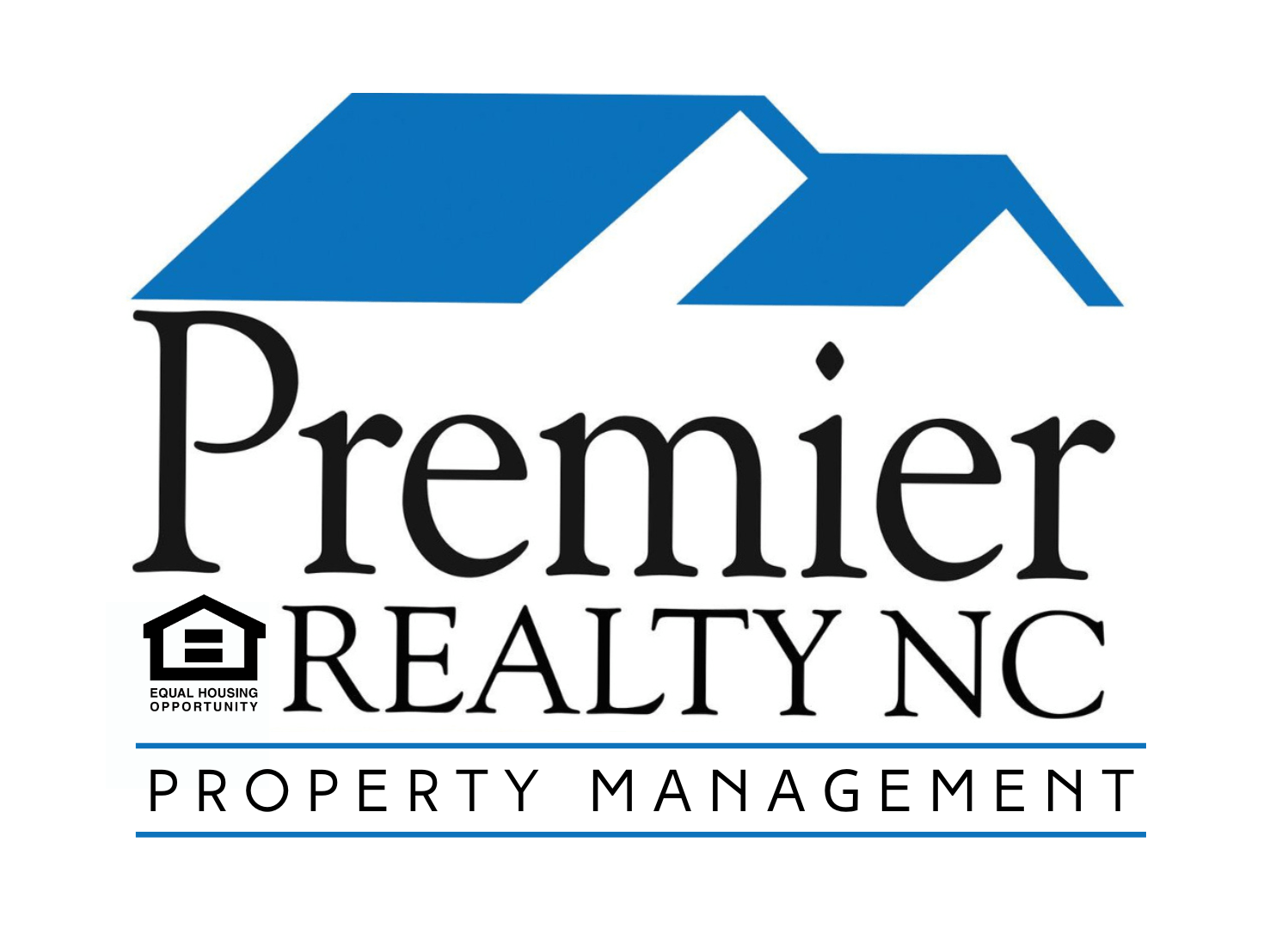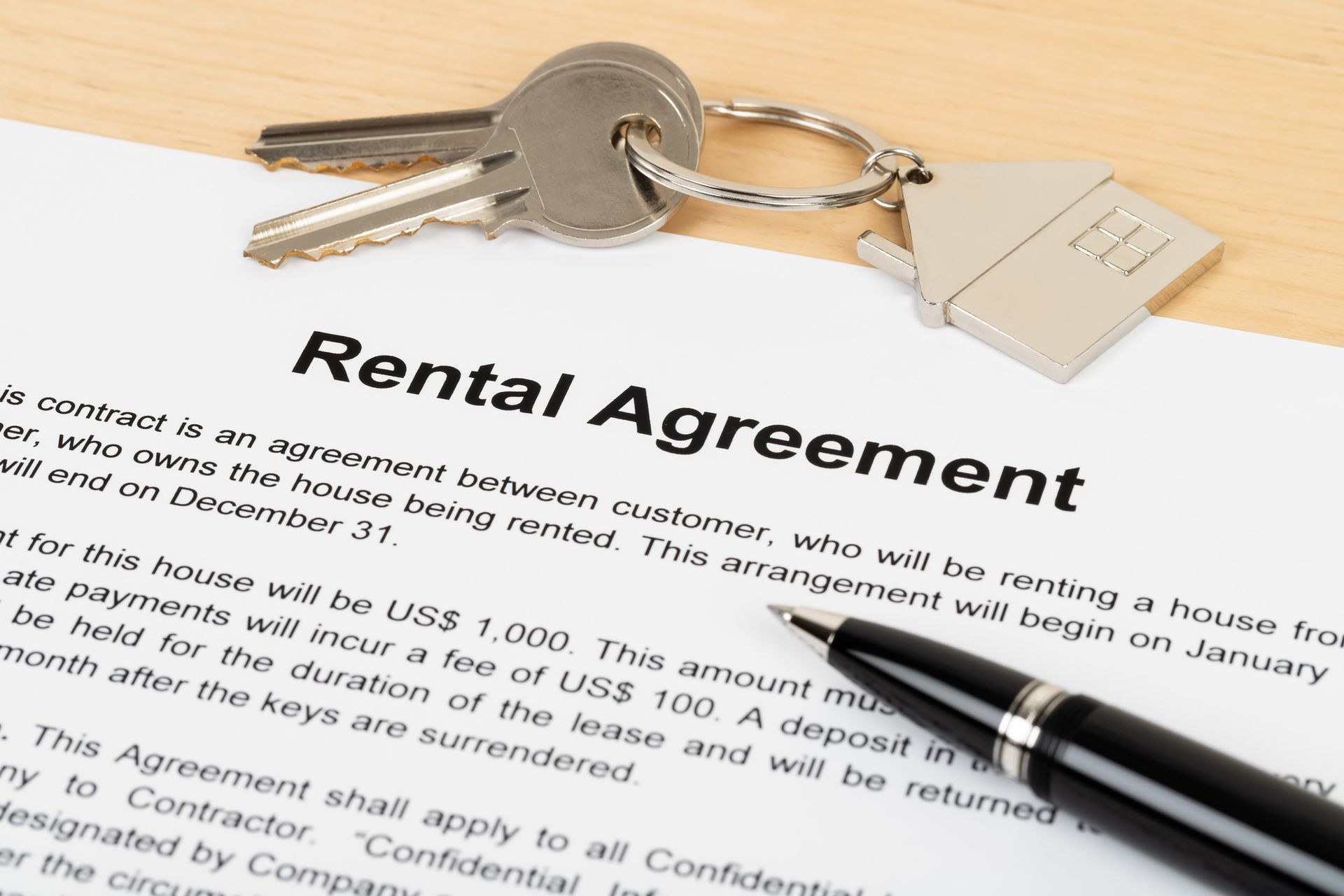
Tips for Landlords From Expert Property Managers
Tips for Landlords From Expert Property Managers

Tips for Landlords From Expert Property Managers
1. Screen tenants carefully. As a property owner and landlord, screening potential tenants is the most important step. It may include turning applicants away. The only information a property owner has is the applicant’s history, rental references, and credit report. This will help owners avoid problems down the road. It's important to verify that the applicant has enough income to pay the rent. This is why it is vital to verify employment, income, and rental history. If an owner wants to search for evictions, conducting a background check to uncover any past rental issues or legal problems will provide more information.
2. Make Rules and Expectations Clear. Everything must be clear as to what is expected of the tenant. If a property owner is handling the landlord duties without a property manager, it will be necessary to enlist an attorney for preparing legal documents. A professional property manager would handle all of this for the property owner. The lease agreement should be detailed and outline all expectations including rent payments, late fees, pet ownership, noise limitations, parking, and maintenance requests. Be sure to review the lease with your tenant in detail before they sign it.
3. Handle tenant needs. Property owners who are handling landlord duties should be quick to respond when tenants have a maintenance request or concern about the property. If an owner has a good tenant paying rent on time, this shows that you value them as tenants and that you're committed to providing a good rental experience.
Be professional, respectful, and courteous, but be consistent in enforcing policies in the lease agreement.
4. Keep property well-maintained. This includes making regular repairs and updates, as well as keeping the property clean and attractive if the property is vacant and prospective tenants are viewing the property. An attractive property will attract good tenants and support higher rents.
5. Set a realistic rent amount. Check the area and do your research. If the rent price is too high, the property may be vacant for some time.
6. Set flexible lease terms. If you are open to accepting pets this can attract more tenants. According to a 2023 Realtor.com® survey, 91% of pet owners said that their pet would be a factor in their decision to buy a home. This suggests that a significant percentage of Americans buy homes based on the needs of their pets. Renters are looking for pet friendly rentals.
7. Advertise a vacant rental property. When an owner has a vacancy, advertising the property online, local community news outlets, and by putting up signs will give the vacant property visibility.
8. Hire a property manager. Many owners don't have the time or expertise to manage rental properties. If all of this sounds like a lot to do, enlist the services of a property manager. They can handle all day-to-day tasks of property management, such as screening tenants, collecting rent, and handling maintenance requests.
By following these tips, you can be a successful landlord and enjoy a long-term investment in your rental property.






